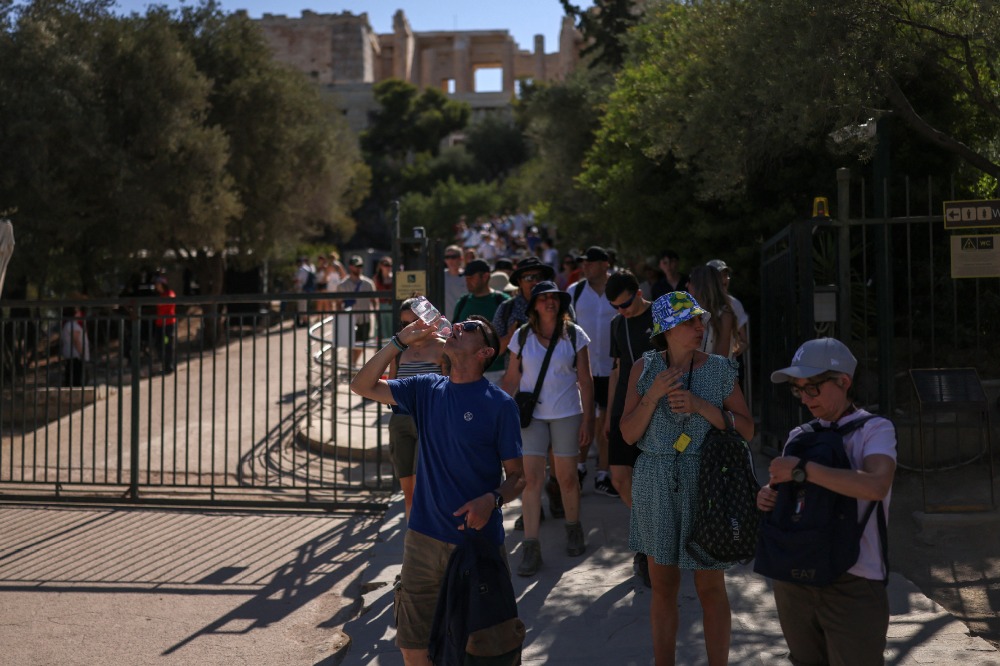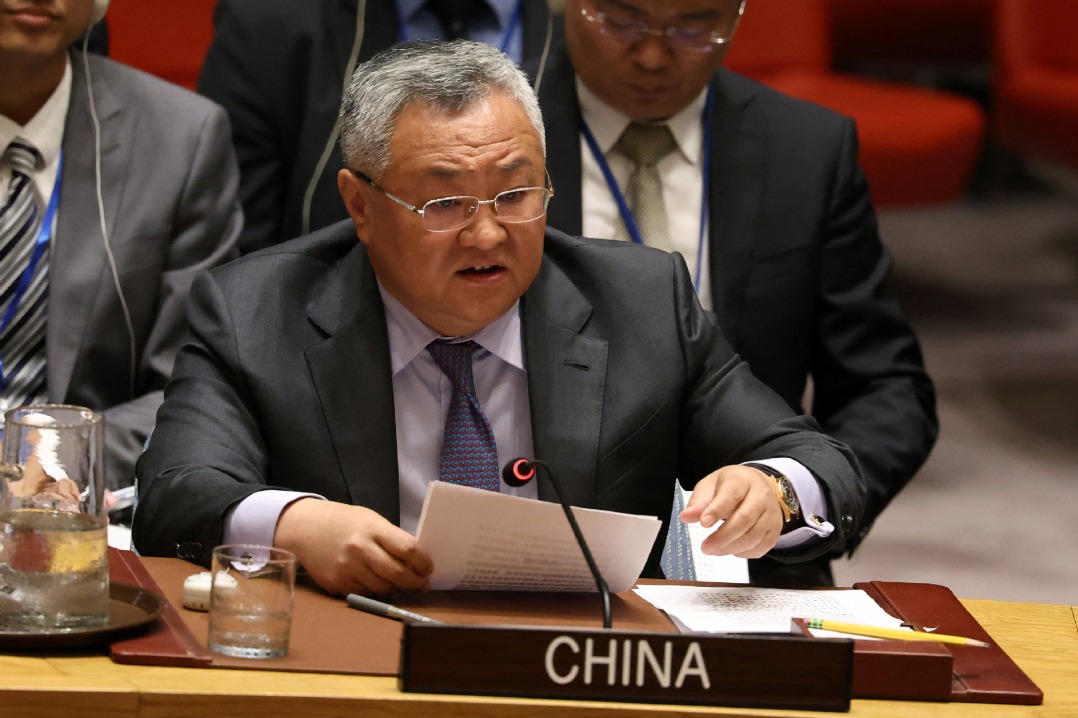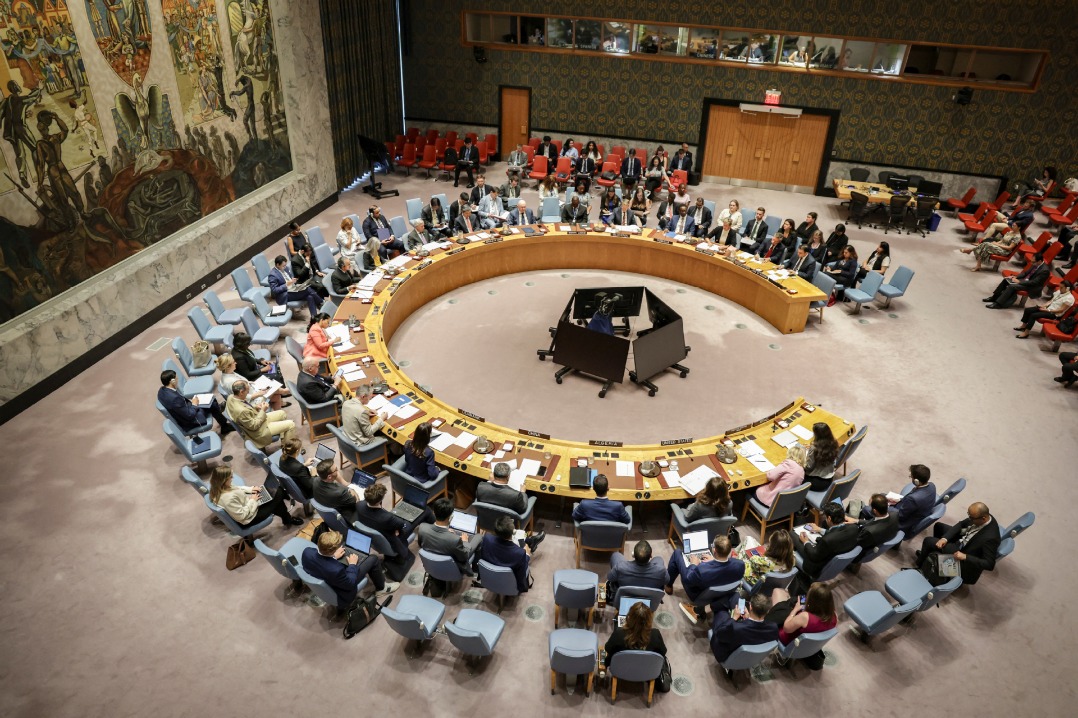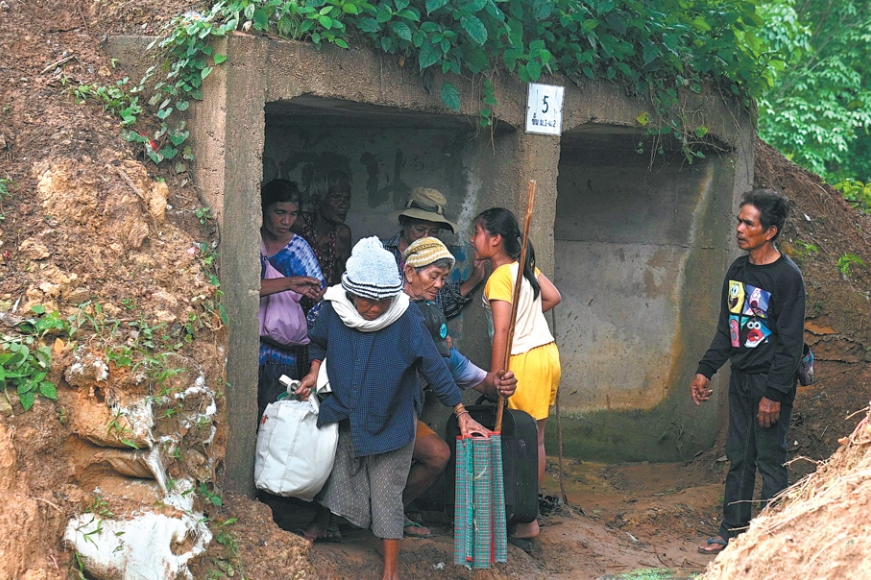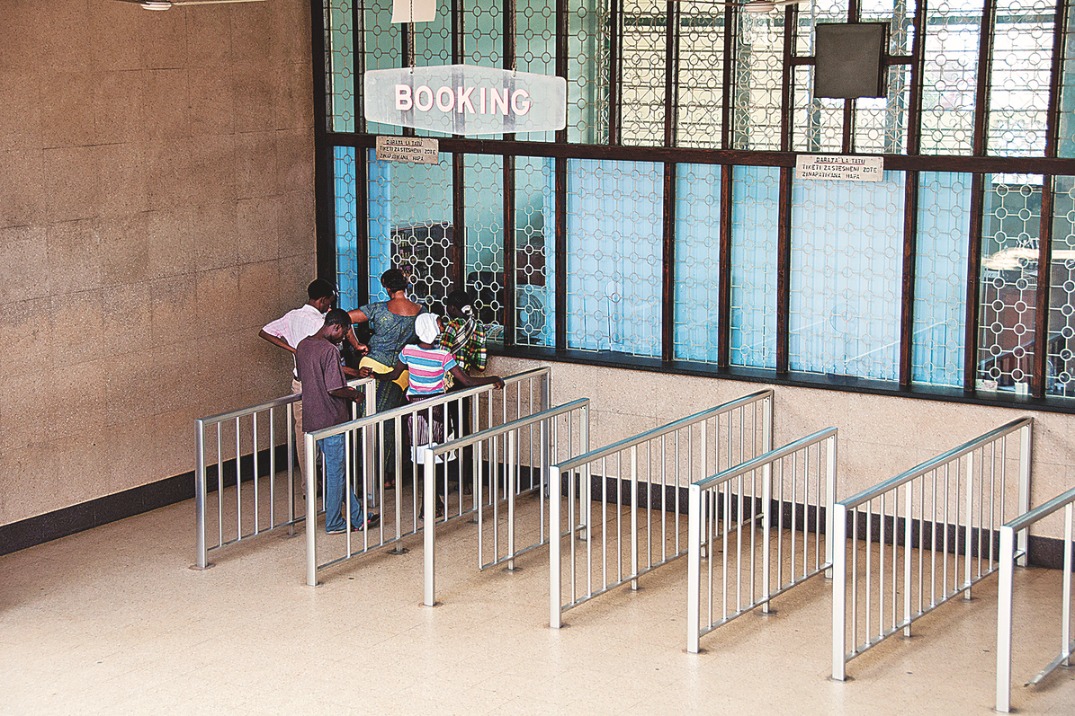Africa on alert of 2nd wave as COVID-19 cases top 2 million

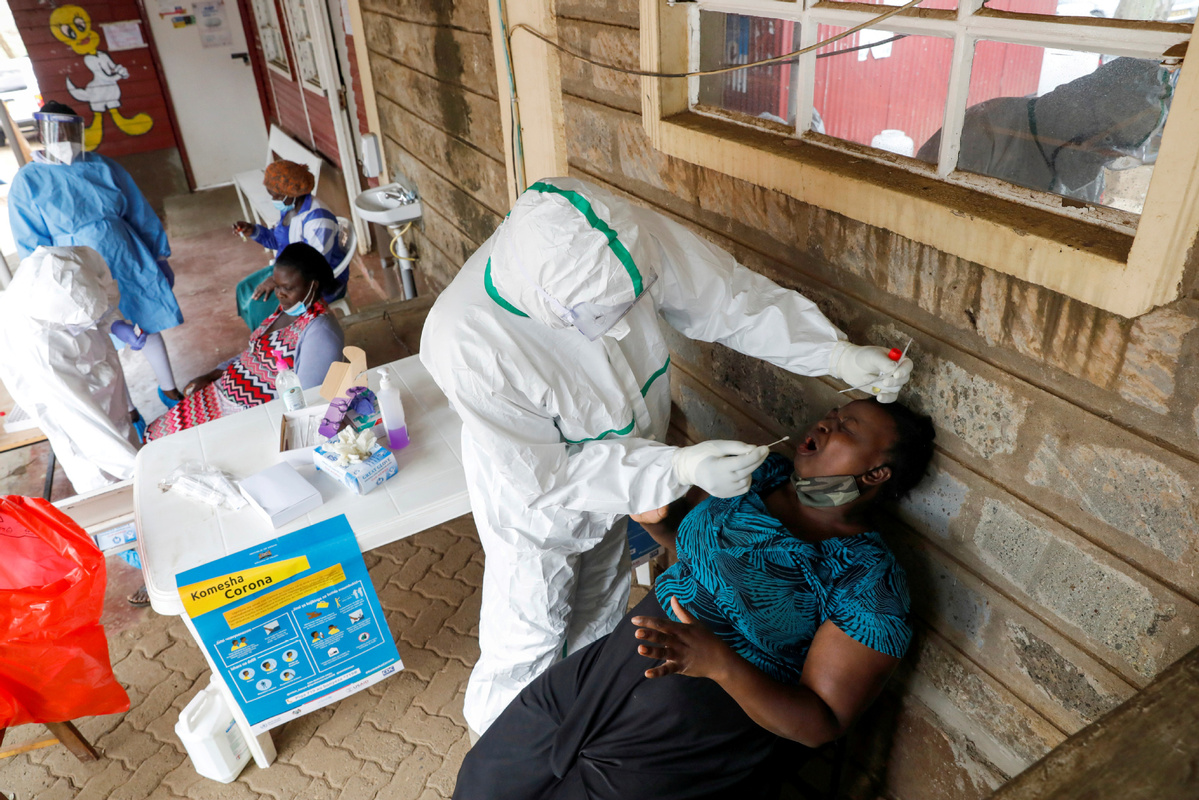
NAIROBI - African countries are on high alert of a second wave of COVID-19 outbreak as the number of confirmed cases in the continent hit 2 million on Thursday.
Africa reported its first 1 million COVID-19 cases on August 7 after it reported the first case on Feb 14 in Egypt. The number of confirmed COVID-19 cases in Africa reached 2,013,388 with a death toll of 48,408 on Thursday, according to the Africa Centers for Disease Control and Prevention (Africa CDC).
The WHO says the testing level in Africa is still very low compared to other regions.
"Most African countries are focused on testing travellers, patients or contacts, and we estimate that a significant number of cases are still missed," says WHO's regional director for Africa Matshidiso Moeti in late October.
The most COVID-19 affected African countries in terms of the number of positive cases include South Africa, Morocco, Egypt and Ethiopia, figures from the Africa CDC show.
The southern Africa region is the most COVID-19 affected region both in terms of the number of confirmed positive cases as well as the number of deaths, followed by the northern Africa region, according to the Africa CDC.
One of the worst-hit country at present is Morocco, which reported 6,195 cases on Nov 12, the highest daily spike since the start of the outbreak on March 2 in the country.
"None of us want a return to total lockdown, but it remains an option if the epidemiological situation becomes uncontrollable," said Moroccan Prime Minister Saad Eddine El Othmani in early November.
John Nkengasong, director of the Africa CDC, plans to visit Kenya and the Democratic Republic of Congo in response to an increase in COVID-19 infections.
Nkengasong says overall, Africa recorded an 8 percent rise in new coronavirus cases in the past month.
"We cannot relent on our efforts to bend the curve. The virus tends to give you a sign that you are winning and it comes back more severely. We are strongly advocating for the control measures including the wearing of masks which we appeal to countries to subsidize masks," Nkengasong said.
In Africa and throughout much of the world, the increase in new COVID-19 infections coincided with the easing of restrictions and other measures put in place earlier this year to help stem the spread of the coronavirus. Many governments cited the need to jump-start their economies as justification for relaxing COVID-19 restrictions.
"The biggest fear for the government today is the laisser-faire with which people are taking the preventive measures because we have observed that nobody wears the mask anymore, even less wash their hands," said Manaouda Malachie, Cameroon's Minister of Health, adding that to effectively prevent a second wave, people must return to respecting social distancing measures.
The reopening of the country is already in full swing and citizens are back to their pre-COVID lifestyles hence complicating efforts to lockdown sections of the economy, said Githinji Gitahi, the CEO of Nairobi-based AMREF Health Africa.
Kenyan President Uhuru Kenyatta sounded alarm over the sudden increase in COVID-19 infections and deaths earlier this month, adding that the government would not hesitate to impose stringent measures and avert a looming implosion.
Among measures Kenyatta spelled out to curb the spread of coronavirus included extending night curfew hours, reducing operating hours for bars and restaurants, promoting remote work for public servants aged 58 years and above alongside the formation of a special unit to enforce the regulations.
South African President Cyril Ramaphosa urged citizens to be responsible in adhering to social distance measures in an effort to avoid or delay the second wave.
"Since the first of October, we've seen a steady rise overall in the number of cases. The Free State haven't finished their first waves yet. In the Western and Eastern Cape, we are still seeing increases in the number of cases but the rest of the country has pretty low transmission," said Chairperson of the COVID-19 ministerial advisory committee Salim Abdool Karim, adding that the second wave could be avoided if people adhere to stringent measures.
















